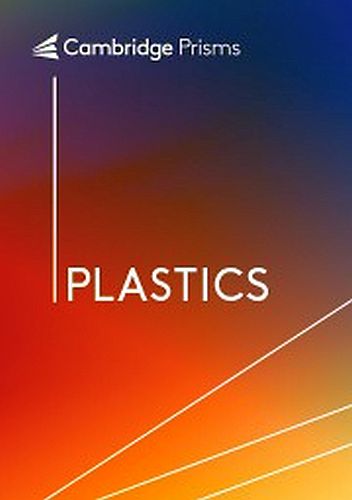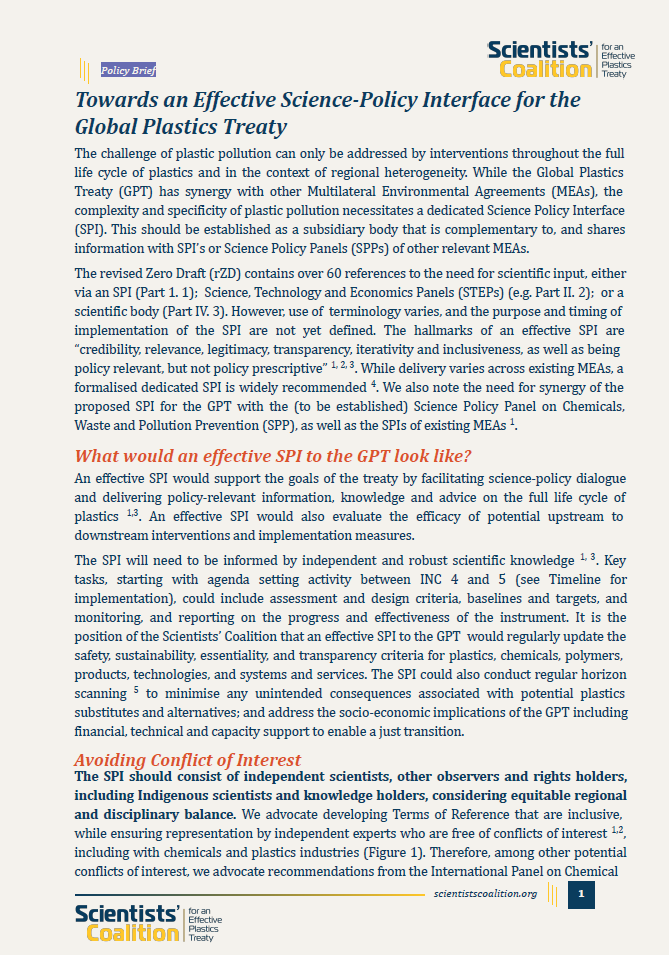
© Cambridge University Press 2024
The Missing Consensus: An analysis of problem definitions and key motivations in the first zero draft for a global plastics treaty
- Publication
- Citation
Knoblauch D and Mederake L (2024). The missing consensus: An analysis of problem definitions and key motivations in the first zero draft for a global plastics treaty. Cambridge Prisms: Plastics, 2, e22, 1–12 https://doi.org/10.1017/plc.2024.29
Plastic pollution has rapidly emerged as one of the defining environmental crises of our time, with far-reaching impacts that span ecosystems, human health, and climate change. As international efforts to combat this growing challenge intensify, the proposed global treaty on plastic pollution holds great promise but also faces significant hurdles. In this article, we delve into the first zero draft of the treaty, offering a critical examination of its approach and potential shortcomings. Our analysis not only identifies key gaps in the draft's problem definition and scope but also underscores the urgent need for a more comprehensive and holistic strategy that addresses both upstream and downstream solutions, i.e. the whole life-cycle. For policymakers, environmental advocates, and stakeholders eager for a robust global response to plastic pollution, this open access article offers essential insights into the path forward.
Plastic pollution is one of the most urgent environmental issues of our time, gaining increasing attention from both the public and global policymakers. This research critically examines the first zero draft of the proposed international treaty on plastic pollution, offering valuable insights for policymakers, environmental advocates, and the international community. Our analysis highlights that the draft fails to clearly define the problem, particularly in addressing the full life cycle of plastics and the ambitious goals of the waste hierarchy. While the draft places significant emphasis on prevention, it overlooks the environmental and social impacts at the extraction stage, raising concerns about its overall effectiveness in tackling plastic pollution comprehensively. The draft's focus on marine environments, especially on fishing gear and downstream measures, falls short given the scientific consensus that upstream actions are equally crucial. Relying on waste management improvements, removal technologies, and increased circularity alone will not sufficiently reduce plastic pollution in the short, medium, or long term. Furthermore, as up to 90% of the plastics sector's greenhouse gas emissions stem from polymer and product manufacturing, the production of primary plastics poses a significant risk to meeting global climate goals.
By evaluating the draft's problem definition and its approach to balancing marine and terrestrial plastic pollution, our findings shed light on the complexities and challenges in developing a robust, comprehensive global treaty. This research not only advances academic discussions but also provides practical insights for international negotiations, helping to shape more inclusive, effective, and environmentally sustainable strategies. Our analysis can contribute to ongoing debates, support the alignment of diverse global perspectives, and aid in the creation of measures that effectively address the multifaceted nature of plastic pollution.




